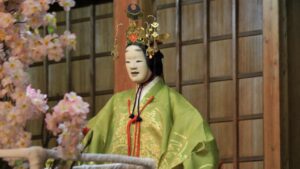Introduction
Bizen ware, also known as Bizen-yaki, is a remarkable form of traditional Japanese pottery that has captured the hearts of art enthusiasts around the world. With its rich history and unparalleled craftsmanship, Bizen ware stands as a testament to the skill and dedication of its artisans. In this article, we delve into the captivating allure of Bizen ware, exploring its charm, historical significance, and the meticulous process that results in every piece being a one-of-a-kind masterpiece.
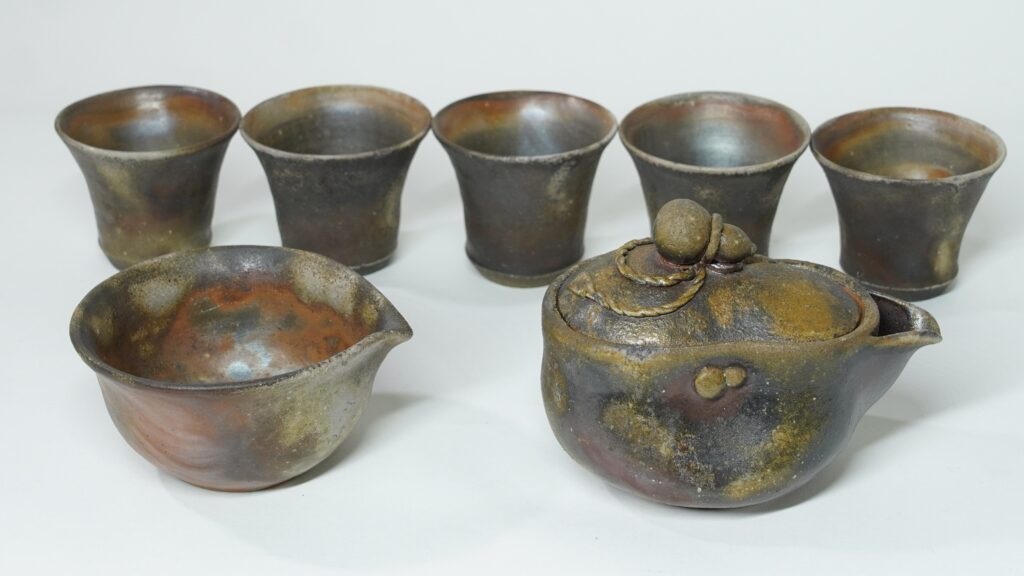
The Enchanting Appeal of Bizen Ware
Bizen ware possesses a captivating beauty that sets it apart from other pottery styles. Its earthy tones, rustic textures, and organic forms create a harmonious balance that reflects the essence of nature. The distinct reddish-brown color, reminiscent of the clay’s iron content, adds depth and warmth to each piece. Whether it’s a simple teacup or an intricate vase, Bizen ware exudes a timeless elegance that transcends trends and fads.
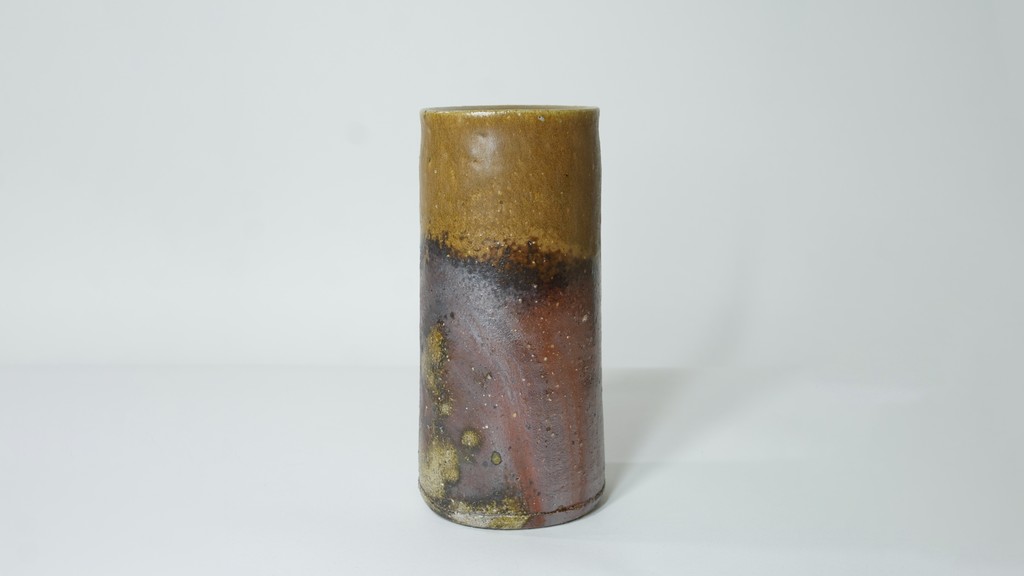
A Storied Legacy
The history of Bizen ware dates back over 1,000 years, making it one of the oldest pottery traditions in Japan. Originating in the town of Bizen, Okayama Prefecture, this art form has been passed down through generations of artisans, preserving the techniques and aesthetics that define Bizen ware today. Its enduring popularity can be attributed to its ability to evolve while maintaining its authentic character, connecting the present to the past.
The Art of Meticulous Handcrafting
One of the most intriguing aspects of Bizen ware is the meticulous process behind its creation. Each piece is handmade by skilled artisans who have honed their craft through years of practice and dedication. The shaping, carving, and firing of the clay demand both technical expertise and artistic sensibility. No two pieces of Bizen ware are exactly alike, as the firing process produces unique patterns and effects, often referred to as “the kiln’s voice.” This individuality adds to the allure and value of each Bizen ware creation.
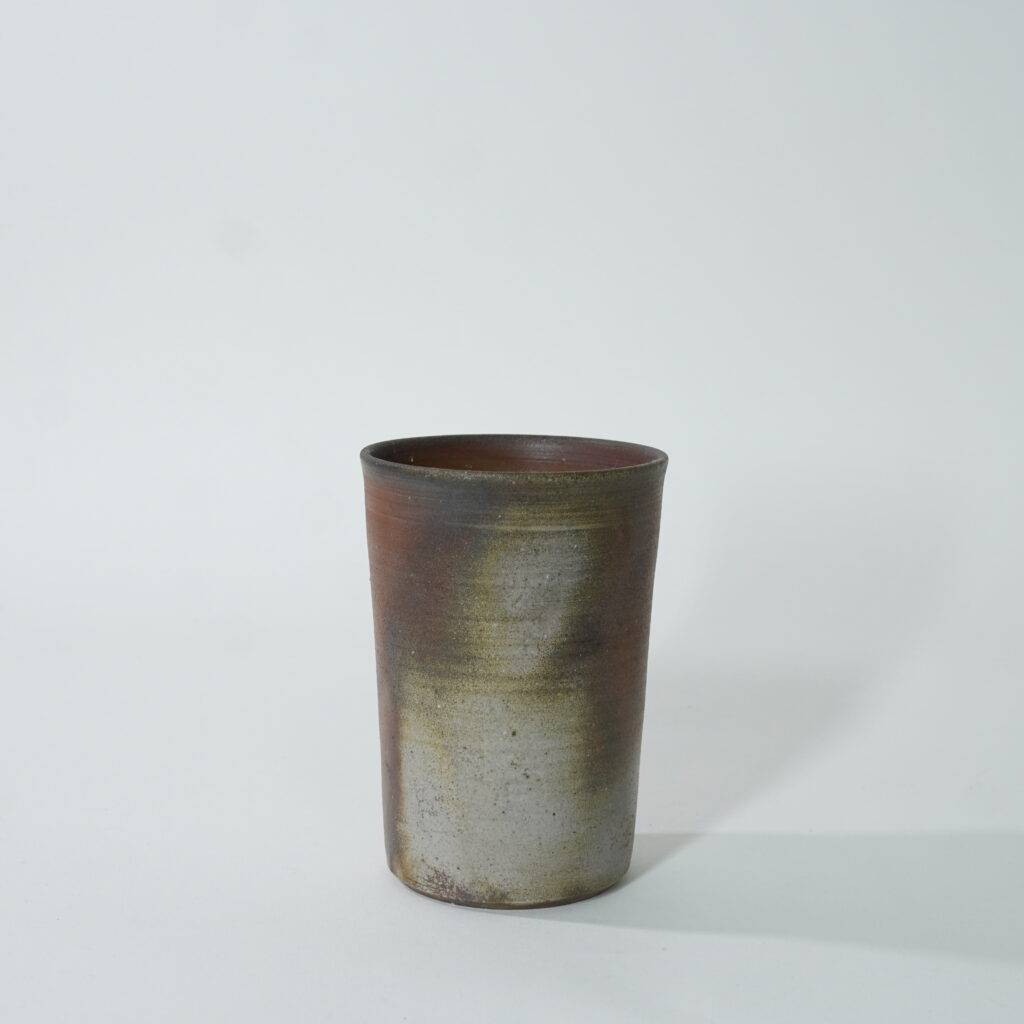
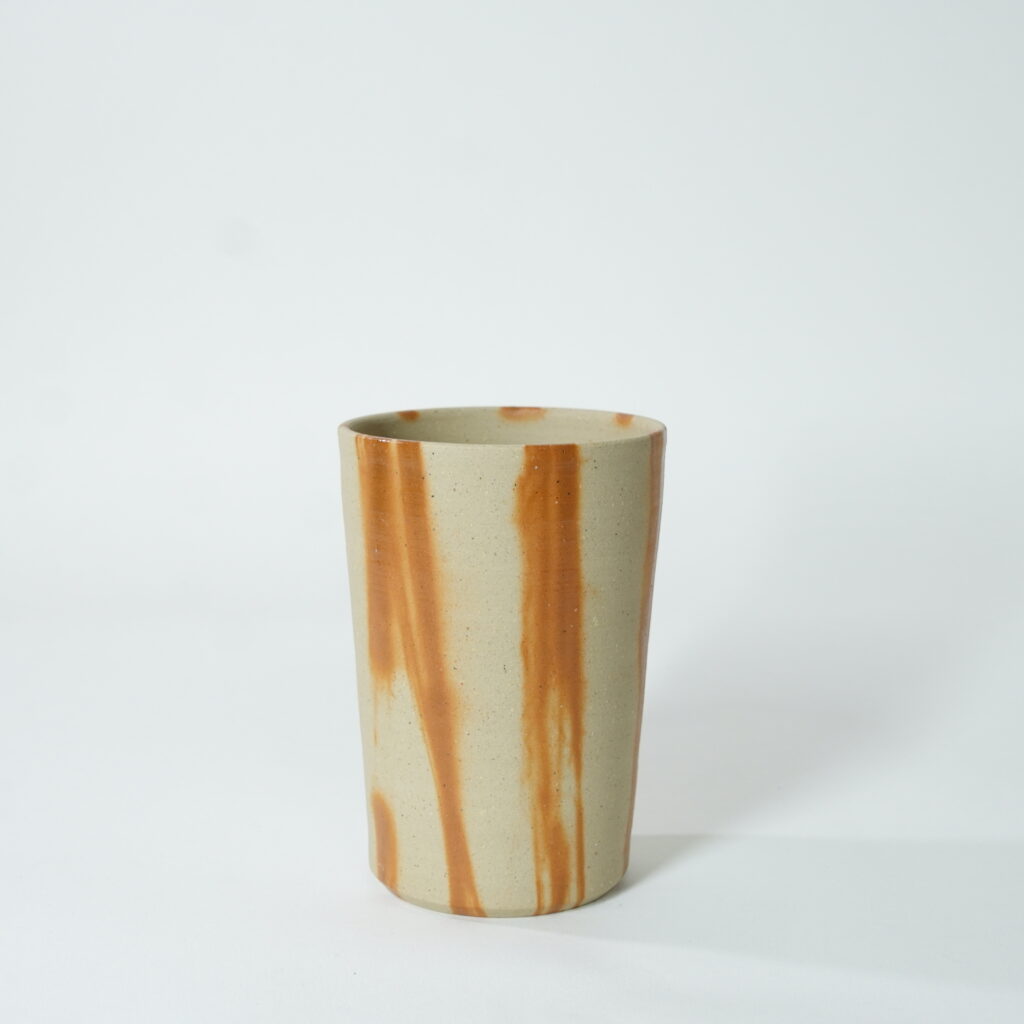
Embracing Imperfection
Bizen ware celebrates the beauty of imperfection. The kiln’s unpredictable nature and the organic materials used result in natural variations and subtle irregularities in the finished pieces. These imperfections, known as “wabi-sabi,” are treasured in Japanese aesthetics, as they symbolize the transient nature of life and the appreciation of simplicity. Bizen ware’s imperfections make each piece truly unique and reflect the authenticity of its creation process.
Preserving a Timeless Tradition
In today’s fast-paced world of mass production, Bizen ware represents a refreshing departure. By purchasing and cherishing Bizen ware, individuals not only embrace the artistry and craftsmanship of a bygone era but also contribute to the preservation of an endangered tradition. Owning a piece of Bizen ware is like owning a tangible piece of history—a testament to the enduring power of human creativity and skill.
In conclusion, Bizen ware is an exceptional example of Japanese traditional artistry that continues to captivate enthusiasts worldwide. Its timeless beauty, rooted in centuries of craftsmanship, offers a glimpse into the soul of Japan’s rich cultural heritage. With its allure, historical significance, and status as one-of-a-kind handcrafted art, Bizen ware stands as a testament to the remarkable skill and passion of its artisans.


